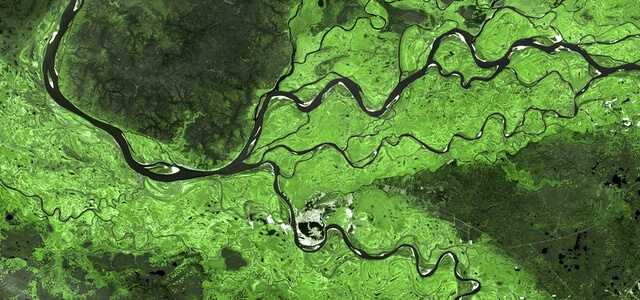What is a UIP? According to the Global Framework for Climate Services (GFCS), the UIP concept is described as a structured means for users, developers and providers of climate services to come together to design, or co-design, tailored climate services.
UIPs are a means of ensuring user engagement, and the generation and delivery of what is needed for climate-sensitive decision-making by sectoral users.
With support from the ClimSA Programme, the Word Meteorological Organization (WMO), a key technical implementing partner, has led the development of draft guidelines for generic and sector specific User Interface Platforms (UIPs). In this regard, WMO partnered with the University of South Queensland in Australia to draft the Guidelines on Generic UIPs, and with the Climate System Analysis Group, University of Cape Town in South Africa to draft the Sector Specific UIP Guidelines - on agriculture, disaster risk reduction, health and water. On 8 June 2022, WMO conducted consultations on the draft UIP guidelines with the participating regions of the OACPS covered under the ClimSA Programme.
What do the UIP guidelines provide? In brief, the UIP guidelines provide nine principles and seven simple steps for development and operation. The principles and steps are complemented by sectoral guidelines that provide more details of how each of the steps could be applied in a given sector, alongside real-world examples.
The seven UIP steps are:
- Ensure ownership and leadership from beneficiary organisations to make sure the development and operation take place.
- Identify participants in terms of context consideration, the broader landscape and practicalities such as institutional arrangements, affordability, diversity, inclusivity, collaboration, and value-add.
- Engage with participants to collectively develop and agree on the UIP’s aims and purpose.
- Assess capacity gaps and design and implement responsive capacity-building based on these gaps.
- Make arrangements for how the UIP will be operated and agree on those arrangements with participants, including the format and approach of engagement.
- Operate/undertake the user engagement (the UIP).
- Continue ongoing monitoring, evaluation and review of the UIP to take on board suggestions for future operation and improvements.
The UIP consultations between WMO and the OACPS regions led to an agreement on the proposed principles and above-listed 7 steps. Participants at the consultations, including sectoral users, provided input on the various existing UIPs in their respective regions, and sought to understand how the new guidelines would be applied in practice.
ClimSA supports the implementation of UIPs at both the regional and national levels within the Member States of the OACPS, but at this time WMOs main focus is in working with the regional focus country where the implementation is taking place. In using the UIP guidelines developed by WMO, ClimSA partners will ensure that interactions between users, researchers and climate service providers in the regions of the OACPS are structured and effective. Building UIPs and building policy awareness requires investing in longstanding mechanisms.
With the support from ClimSA, WMO and its partners will help:
(a) Regional and national sectoral users contribute to the co-production and effective application of climate services; and,
(b) OACPS-region Regional Climate Centres (RCCs) to support the National Meteorological and Hydrological Services (NMHSs) in delivering the climate services required at the national level.
To support UIP implementation throughout the project, WMO has also developed a template for the next-generation National Framework for Climate Services (NFCS) that will include both weather and water, and will be named the National Framework for Weather, Water and Climate Services (NFWWCS). The related Guidelines for Establishment of Regional Frameworks for Weather, Water and Climate Services (RFWCS), and NFWWCS training courses in regions of the OACPS will be soon be conducted by WMO.

